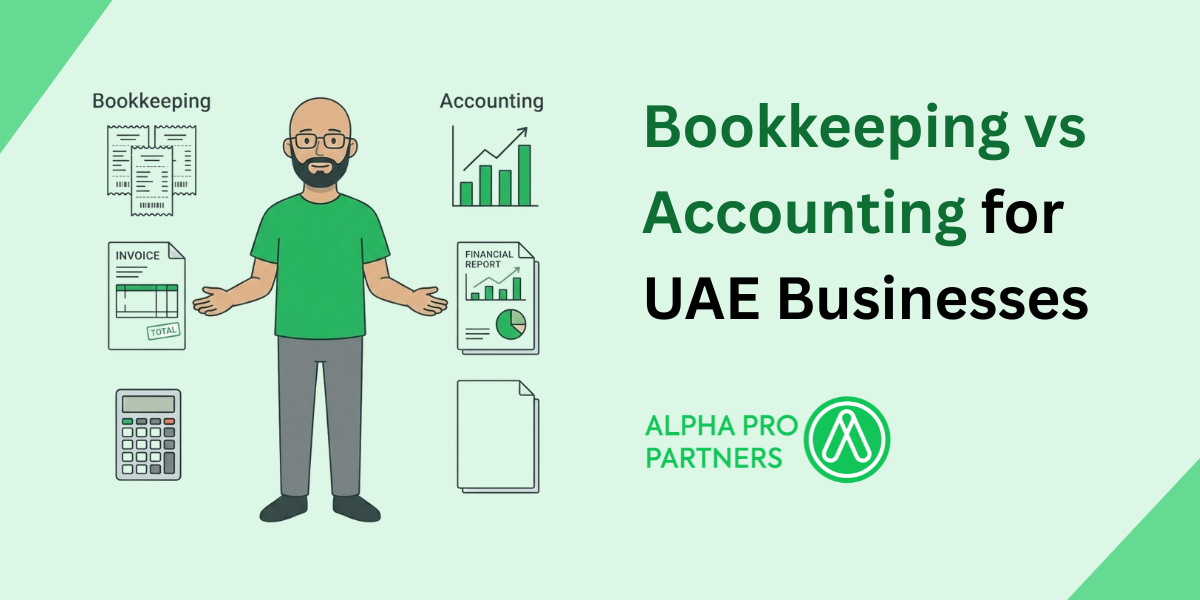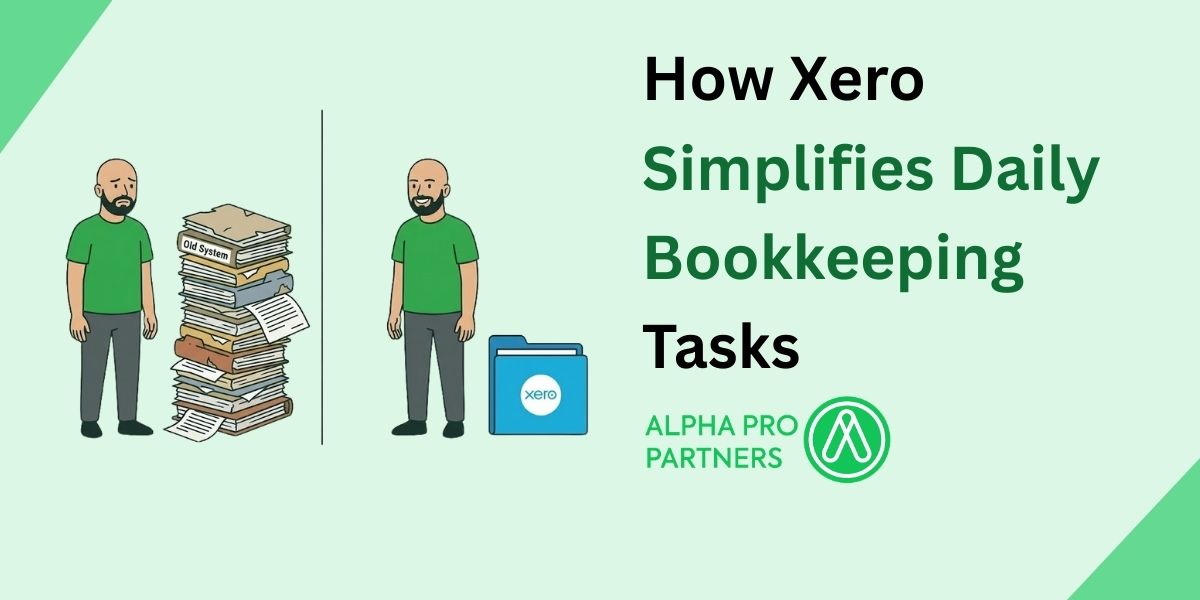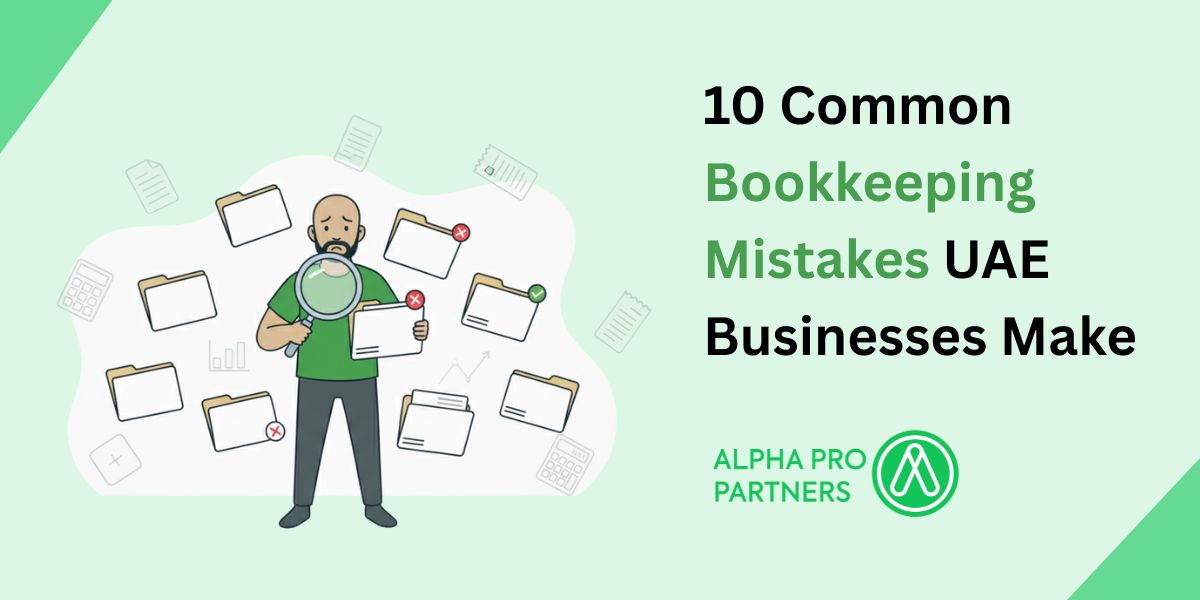Transfer Pricing in the UAE: A Complete Business Guide

If your company trades with other businesses in the same group, inside or outside the UAE, transfer pricing is now something you cannot ignore. Under the UAE Corporate Tax framework, transactions between related entities must follow fair market principles.
This means no more informal agreements or flexible pricing between group companies. The Federal Tax Authority expects businesses to prove that transactions reflect the same conditions they would have agreed to with independent third parties.
In this guide, we break down what transfer pricing is, why it matters, the businesses that fall under the rules, and the steps you need to take to stay compliant.
What Transfer Pricing Really Means
Transfer pricing is simply the pricing of goods, services, loans, or royalties when they are exchanged between related parties. Related parties include parent companies, subsidiaries, sister firms, or other entities connected by ownership or control.
The law requires these prices to be set on an arm’s length basis. In other words, if your company pays management fees to a parent firm abroad, or sells products to a local subsidiary, the pricing must be the same as if you were dealing with an unrelated business.
This principle is designed to stop companies from shifting profits between entities to reduce taxable income. For businesses in the UAE, it means more transparency and stronger accountability.
Which Businesses Must Follow Transfer Pricing Rules?
The scope is broad. You need to apply transfer pricing rules if:
- You carry out transactions with related parties in or outside the UAE
- You are part of a corporate group, whether in the Free Zone or mainland
- Your annual revenue exceeds AED 200 million
Even smaller businesses that do not meet the AED 200 million threshold are still expected to apply the arm’s length principle when dealing with related entities.
So, whether you’re a large multinational or a mid-sized family group, the rules apply if related-party transactions are part of your operations.
Key Requirements for UAE Businesses
Maintain Proper Documentation
Businesses must prepare two essential files:
- Master File: A high-level view of the global group, its operations, and overall pricing policies.
- Local File: A detailed report showing the UAE company’s related-party transactions and how prices were set.
These files must be ready at all times and provided to the FTA within 30 days if requested.
Submit the Disclosure Form
Companies that meet the filing threshold must include a Transfer Pricing Disclosure Form with their corporate tax return. This form outlines the type of transactions carried out and the parties involved.
Choose the Right Pricing Method
The UAE accepts the OECD’s five standard methods:
- Comparable Uncontrolled Price
- Resale Price
- Cost Plus
- Transactional Net Margin
- Profit Split
Each method suits different transaction types. For example, Comparable Uncontrolled Price is ideal for goods, while Transactional Net Margin often works better for services or intangible assets. What matters most is being able to justify why a particular method was chosen.
Benchmarking Transactions
Your transfer prices must be backed by market evidence. That usually means benchmarking against independent companies to see what they charge in similar circumstances. This analysis is your proof that the prices you use are fair.
Ensure Consistency Across Reports
Figures must match across your disclosure form, corporate tax return, and financial statements. If numbers do not align, it raises a red flag for the FTA.
Link with Economic Substance
Transfer pricing compliance is tied to demonstrating real business activity in the UAE. If you show high profits but have little local presence, the FTA may question whether your transactions reflect actual operations.
What Counts as a Related-Party Transaction?
Examples include:
- Loans or shareholder financing
- Management fees or royalties paid to parent entities
- Services provided between sister companies
- Internal sales or purchases between subsidiaries
- Cross-border charges across group companies
Even if no money is exchanged, the FTA can still review agreements or internal allocations. Domestic and international transactions both fall under the rules.
Common Pitfalls to Avoid
Many businesses slip up in predictable ways:
- Waiting until asked: Files must be prepared in advance, not only when the FTA comes knocking.
- Relying on guesswork: Pricing must be backed by real data, not assumptions.
- Overlooking connected persons: Transactions with directors or relatives linked to the business count too.
- Failing to explain your method: The FTA requires justification for whichever pricing method you choose.
- Mismatch of figures: Any difference between what is reported in your tax return and disclosure form will raise concerns.
- Treating group companies as one: Each entity is treated separately for tax purposes, even if you control them all.
- Not updating data: Benchmarking and pricing must be refreshed regularly to reflect market trends.
What Happens If You Don’t Comply
The risks include:
- Penalties for failing to file disclosure forms or maintain documentation
- Reassessment of taxable income by the FTA
- Additional corporate tax liabilities if pricing is challenged
- Potential loss of group reliefs or tax benefits
Non-compliance does not just mean fines. It can disrupt group structures, lead to disputes, and damage credibility with regulators and partners.
Why Preparation Is Key
Transfer pricing has become a priority area under the UAE Corporate Tax regime. Even if your business is not yet crossing the AED 200 million threshold, starting early helps. Preparing documentation now ensures you can respond quickly if asked and reduces the risk of errors later.
Family-owned groups, cross-border service providers, and businesses with shareholder loans should pay particular attention. These transactions almost always fall under FTA review.
How We Support Businesses
At Alpha Pro Partners, we help companies approach transfer pricing with confidence. Our team assists in:
- Preparing Master and Local Files
- Conducting benchmarking studies
- Completing disclosure forms accurately
- Reconciling tax returns with financial records
- Reviewing group structures for compliance risks
We work with businesses of all sizes to make sure related-party transactions are fair, transparent, and aligned with UAE Corporate Tax law.
Frequently Asked Questions
What is the Transfer Pricing Disclosure Form?
It is a form submitted with the corporate tax return summarizing related-party transactions.
Does the AED 200 million threshold apply to all businesses?
Yes. Companies that meet or exceed this level must file both Master and Local Files. Smaller businesses must still apply the arm’s length principle.
Do domestic transactions count under transfer pricing?
Yes. Even transactions within the UAE are covered.
Can I rely on in-house estimates?
No. Market benchmarking is required to prove your pricing is fair.
How often should benchmarking be updated?
At least annually, or whenever business conditions change.
Can the FTA request documentation without notice?
Yes. Files must be provided within 30 days if requested. Always keep them ready.
Are Free Zone companies included?
Yes. Free Zone companies engaging in related-party transactions must comply.
What qualifies as a related party?
Parent companies, subsidiaries, sister companies, shareholders, directors, and in some cases, relatives.
What are the consequences of ignoring transfer pricing rules?
Fines, reassessment of taxable income, and loss of tax benefits.
Can Alpha Pro Partners help with compliance?
Yes. We provide full support with documentation, benchmarking, and reporting.

.webp)





.webp)










.webp)
.webp)

.png)
.png)
.png)
.png)
.png)

.png)
.png)



.png)
.png)





.jpg)


.jpg)





.png)
.png)






.png)


